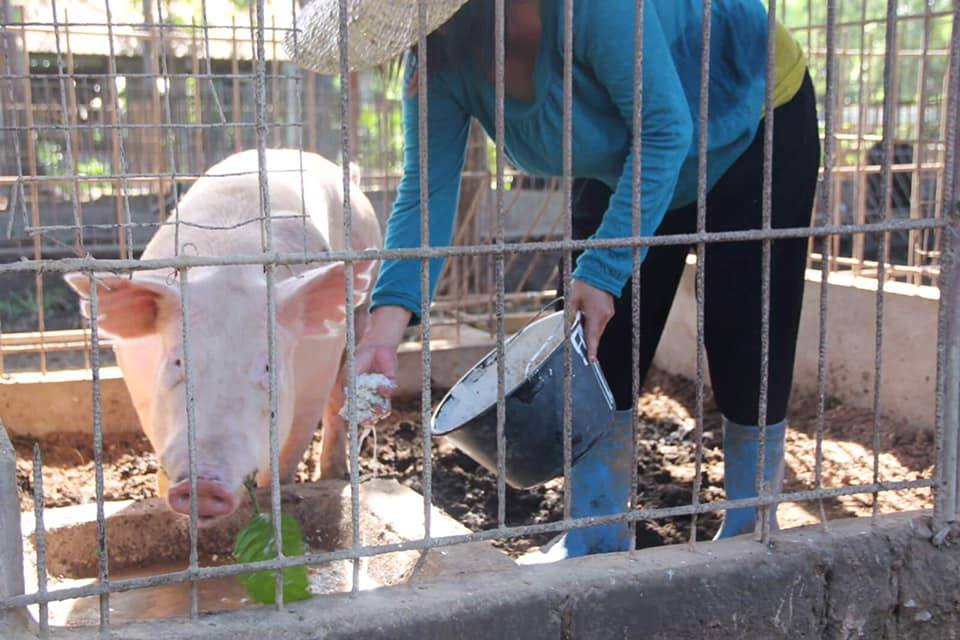
Photo courtesy of Bureau of Animal Industry FB page
CEBU CITY, Philippines — The Cebu Provincial Veterinary Office appealed to local meat traders to stretch their patience and cooperate with the province as it strictly implements the ban on the entry of live hogs from Luzon and pork products from areas affected by African Swine Fever.
Provincial Veterinarian Dr. Mary Rose Vincoy said that while they understand that the ban affects the meat traders, the province has to maintain the need to protect the P10.9 billion hog industry of Cebu.
According to Vincoy, meat vendors in the province have been complaining about the stringent requirements in order for them to bring in hogs and meat products from areas not covered by the ban.
“They (traders) need to cooperate kay dili ra man sila nga industry ang affected. Mas daghan man ang mga hog raisers,” Vincoy said in an interview on Monday, September 16.
While the Health Department has maintained that consumption of ASF-contaminated meat has no proven effect on humans, the disease has up to 100 percent mortality rate among hogs.
The ban on entry of hogs from Luzon and meat products from the provinces of Rizal and Bulacan is imposed in all the seven cities and 44 towns under the jurisdiction of Cebu province. Cebu City, while an independent local government unit, has also imposed a similar ban.
Vincoy, who also heads the Cebu ASF Task Force, said there will be no let up in strengthening Cebu’s borders against the entry of ASF.
Vincoy said that they are devising strategies to strengthen Cebu’s coastal borders against ASF.
Vincoy stressed that except for the total ban on live hogs from Luzon and pork products from Rizal and Bulacan, Cebu province still welcomes pork products from other areas in Luzon, Visayas and Mindanao as long as they have complete documentation and permits.
Prior to the ban that was imposed since last week, a veterinary certification and a shipping permit were all that were required of producers bringing hogs and meat products to Cebu.
This time, the necessary documents for pork shipments into the province are the Veterinary Health Certificate and Shipping Permit from the Provincial Veterinarian of the point of origin, livestock handlers permit, livestock and poultry transport registration, certificate of vehicle registration , disinfection clearance, and farm registration.
“We need to protect the hog industry and the businesses that rely on the hog industry,” Vincoy said./elb